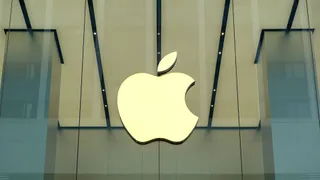
17 July 2020Rory O'Neill
Chinese hackers targeting COVID-19 IP, claims Barr
US attorney general William Barr has reiterated claims that Chinese hackers have tried to steal IP and research related to COVID-19.
Already registered?
Login to your account
If you don't have a login or your access has expired, you will need to purchase a subscription to gain access to this article, including all our online content.
For more information on individual annual subscriptions for full paid access and corporate subscription options please contact us.
To request a FREE 2-week trial subscription, please signup.
NOTE - this can take up to 48hrs to be approved.
For multi-user price options, or to check if your company has an existing subscription that we can add you to for FREE, please email Adrian Tapping at atapping@newtonmedia.co.uk
Patents
25 September 2020 As the race to find ways to combat the pandemic intensifies, competition laws and state aid laws should reflect the crisis situation, but compulsory licensing is unlikely to lead to victory, Sir Robin Jacob argues.
article
22 July 2020 The US Department of Justice has charged two Chinese nationals with hacking into the computer systems of hundreds of victims, including companies working on COVID-19 research.
article
16 July 2020 The National People's Congress (NPC) of the People's Republic of China has unveiled amendments to its criminal law regarding trade secret theft, following a surge in US IP suits against Chinese nationals in the US.

